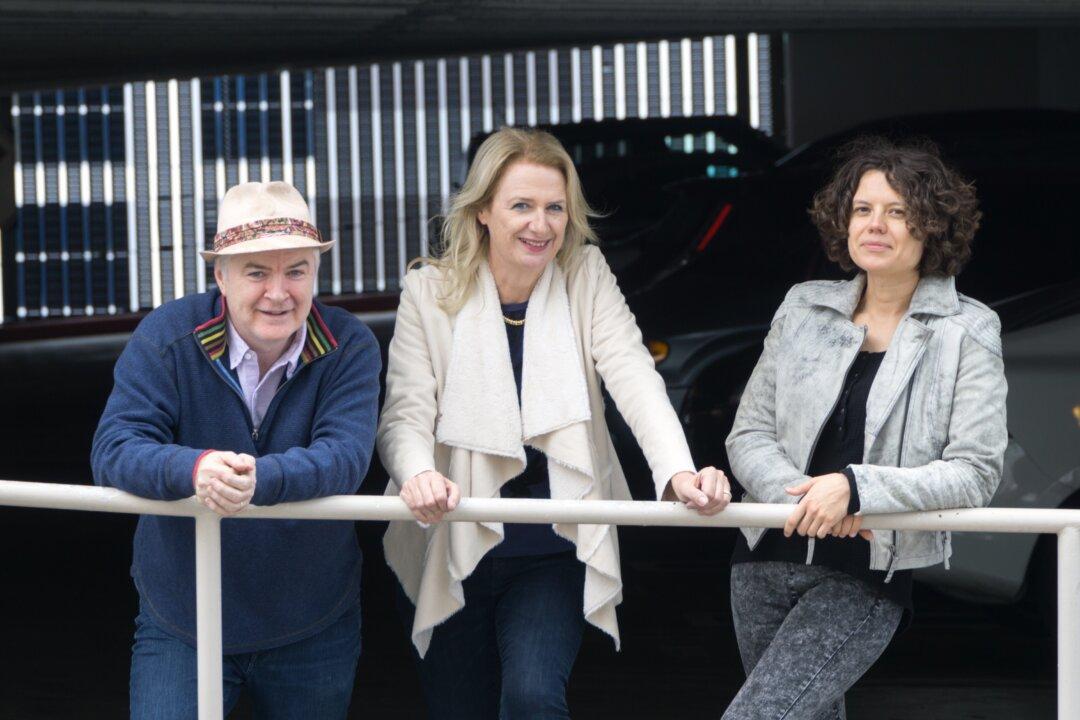The Russia Collusion hoax is one of the biggest media stories in recent years, and yet there is more public confusion than clarity.
So when the texts between high ranking officials Peter Strzok and Lisa Page were made public, journalist Phelim McAleer read through them looking for the story. These were the originators of the hoax, involved in an extramarital affair ahead of the 2016 elections and deeply invested in having Hillary Clinton secure the Oval Office.






